Women in Jajarkot Unite to Preserve the Traditional Panchebaja
- Dignity Post
- 22-01-2025 02:52
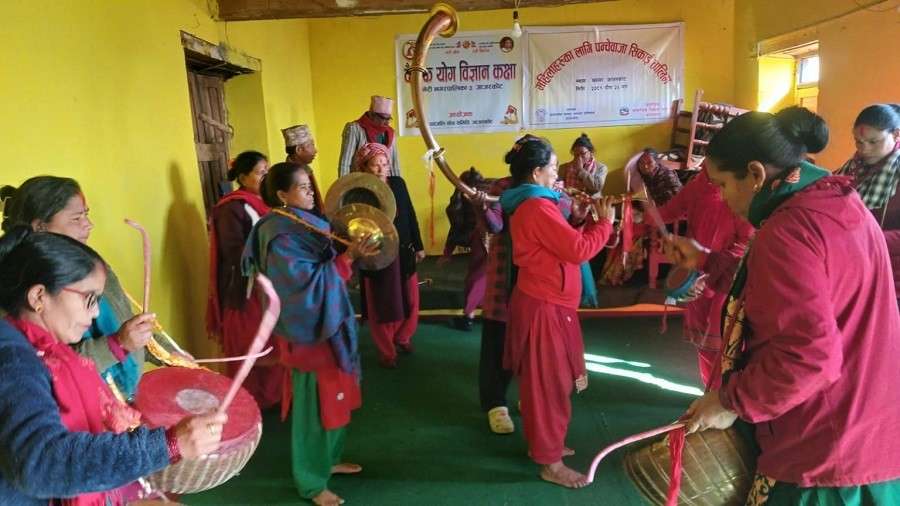
Jajarkot, January 22 - Ganga Pariyar from Kushe Rural Municipality-6, who once only witnessed men playing the Panchebaja, now proudly performs the traditional music herself. Accustomed to seeing men play the five-instrument ensemble at village fairs, festivals, weddings, and other gatherings, Pariyar is thrilled to have received training and mastered the art.
Under the guidance of 67-year-old instructor Lale Damai from Kushe 5, and with support from the Jajarkot Heritage Conservation Foundation and the Social Development Office, Jajarkot, twenty women like Ganga have become proficient in playing the Panchebaja. Women were previously unfamiliar with instruments like Damaha (Nagara), Chillar (Jhyali), Tamko, Narasimha, and Sahanai are now adept players.
Kaushila Pariyar from Dhyargaun, Barekot Rural Municipality 2, expressed her delight at learning to play the damaha, an instrument her father and brothers played but discouraged her from touching. "I always wanted to play," Kaushila shared, "and now I am overjoyed to have the opportunity."
Similarly, Ramkali Khadka from Bheri Municipality 2, Timile, now confidently plays the sahana after initially finding it challenging. "With practice," Khadka noted, "I've learned to play as skillfully as the men."
Janak KC, Chairman of the Jajarkot Heritage Conservation Foundation, anticipates that the women's group will generate income by performing the Panchebaja at events charging a fee for their services. Yagyashwar Khatri, Chief of the Social Development Office, highlighted the program's role in preserving this ancestral culture, emphasizing its endangered status and training women to ensure its conservation.
The initiative not only empowers women in Jajarkot but also promises to safeguard and promote the rich heritage of the Panchebaja tradition for future generations.


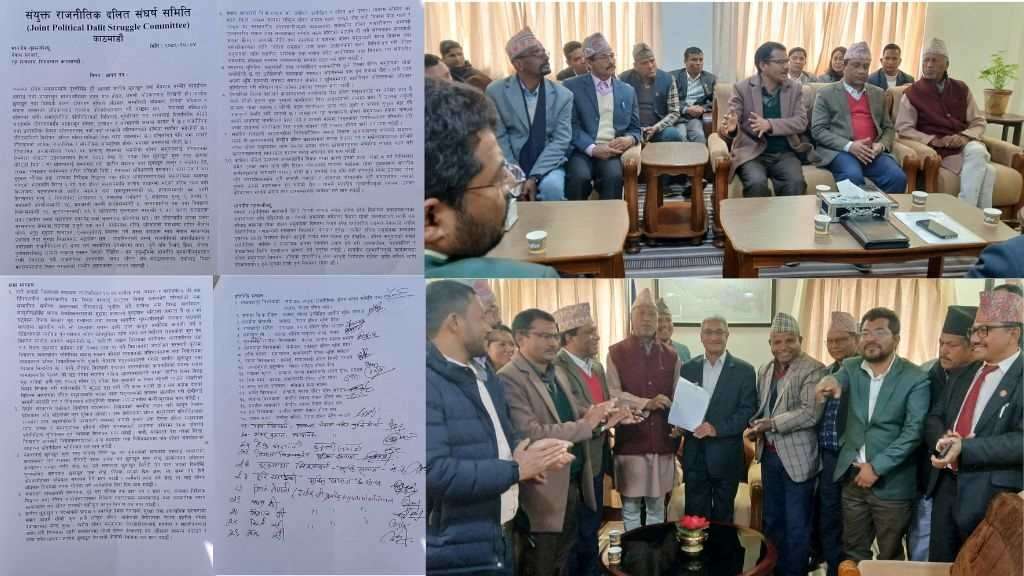
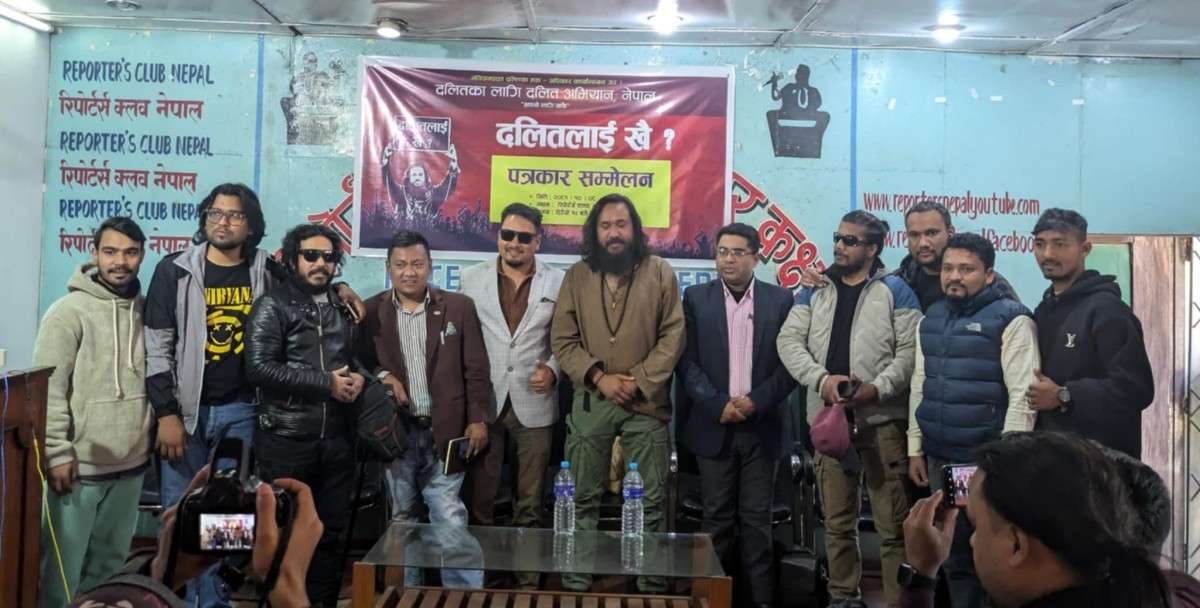
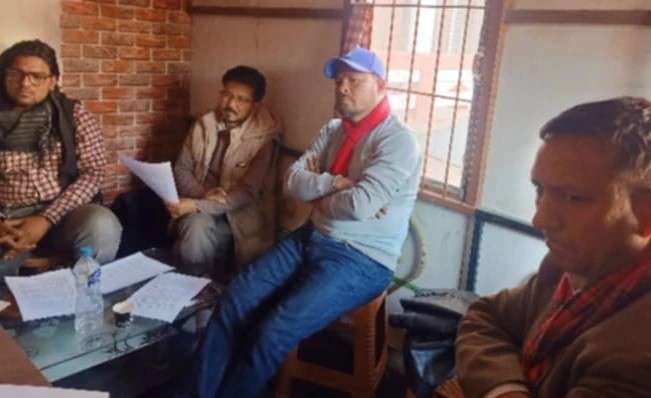

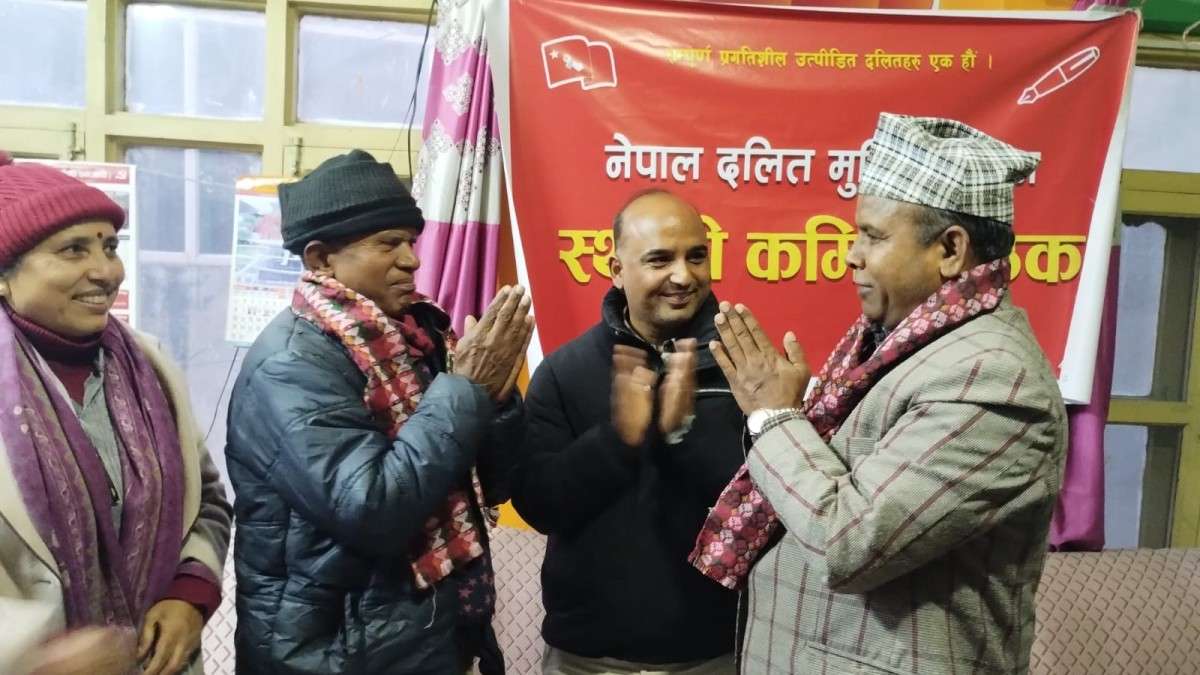
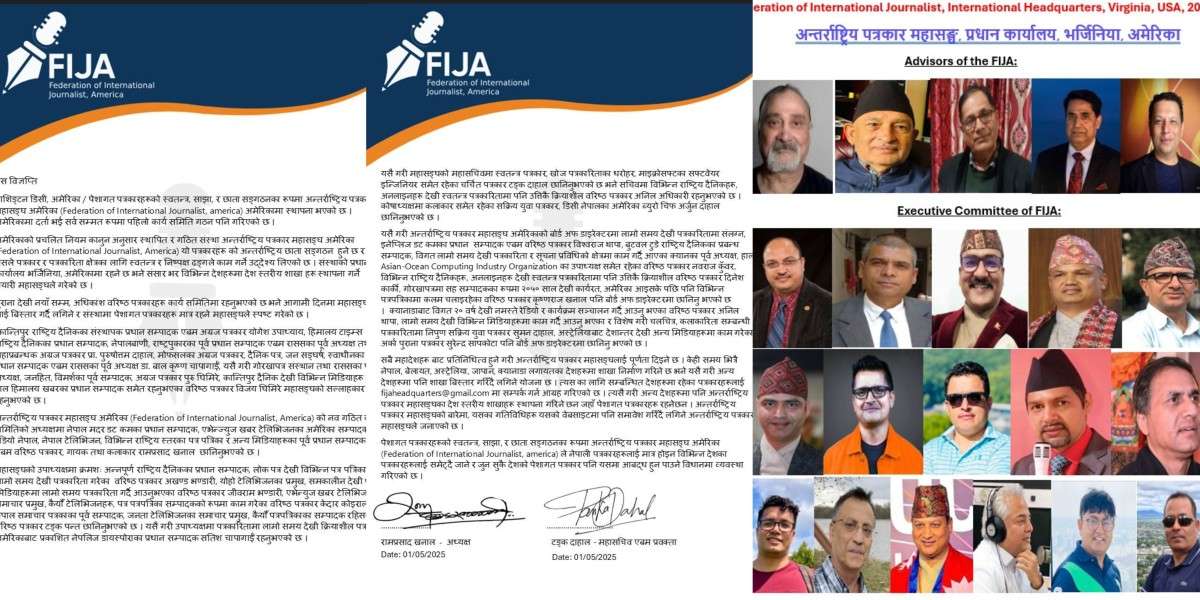



Conversation